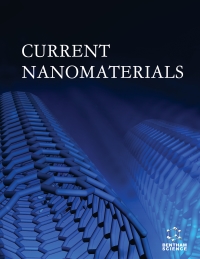
Full text loading...

Nanostructured Lipid Carriers (NLCs) represent a cutting-edge advancement in drug delivery systems, designed to regulate the problems within conventional methods, particularly for poorly soluble drugs. These carriers are composed of a unique combination of solid and liquid lipids, forming a nanoscale matrix with improved stability, high drug-loading capacity, and controlled release properties. The objective of this study is to provide a comprehensive overview of NLCs and their potential to enhance the bioavailability of lipophilic and hydrophilic drugs. The review explores formulation techniques, including high-pressure homogenization, solvent emulsification, and microemulsion methods, highlighting their respective advantages and limitations. Key physicochemical properties of poorly soluble drugs, such as lipophilicity, crystallinity, and particle size, are discussed in relation to their compatibility with NLC systems. NLCs have significant potential as innovative drug delivery systems (DDS), particularly for pharmaceuticals with limited solubility. These nanoscale carriers effectively enhance drug solubility and bioavailability, protect drugs from degradation, facilitate controlled drug release, increase the drug disposition to the target organ, alter the pharmacokinetic characteristics of drug-loaded carriers, improve the therapeutic effect, decrease adverse side effects, and render them essential for pharmaceutical applications. Future perspectives emphasize the potential of NLCs in targeted drug delivery, personalized medicine, and combination therapies. The versatility and biocompatibility of NLCs make them a promising tool for addressing unmet medical needs. In conclusion, NLCs are poised to revolutionize modern pharmaceutical sciences by offering innovative solutions for drug delivery challenges, paving the way for more efficient and patient-centered curative approaches.

Article metrics loading...

Full text loading...
References


Data & Media loading...